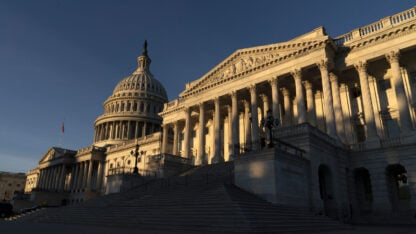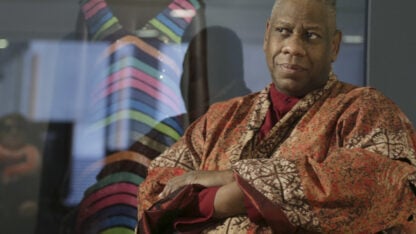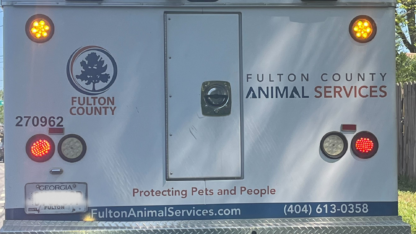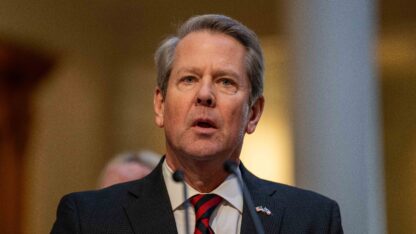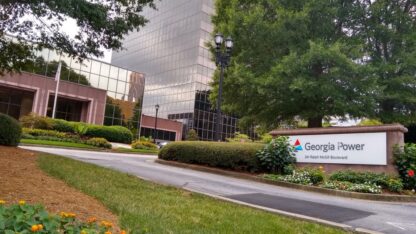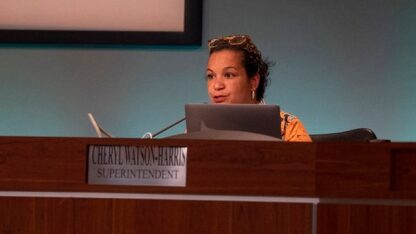International Rescue Committee Launches Microloan Program For Refugees
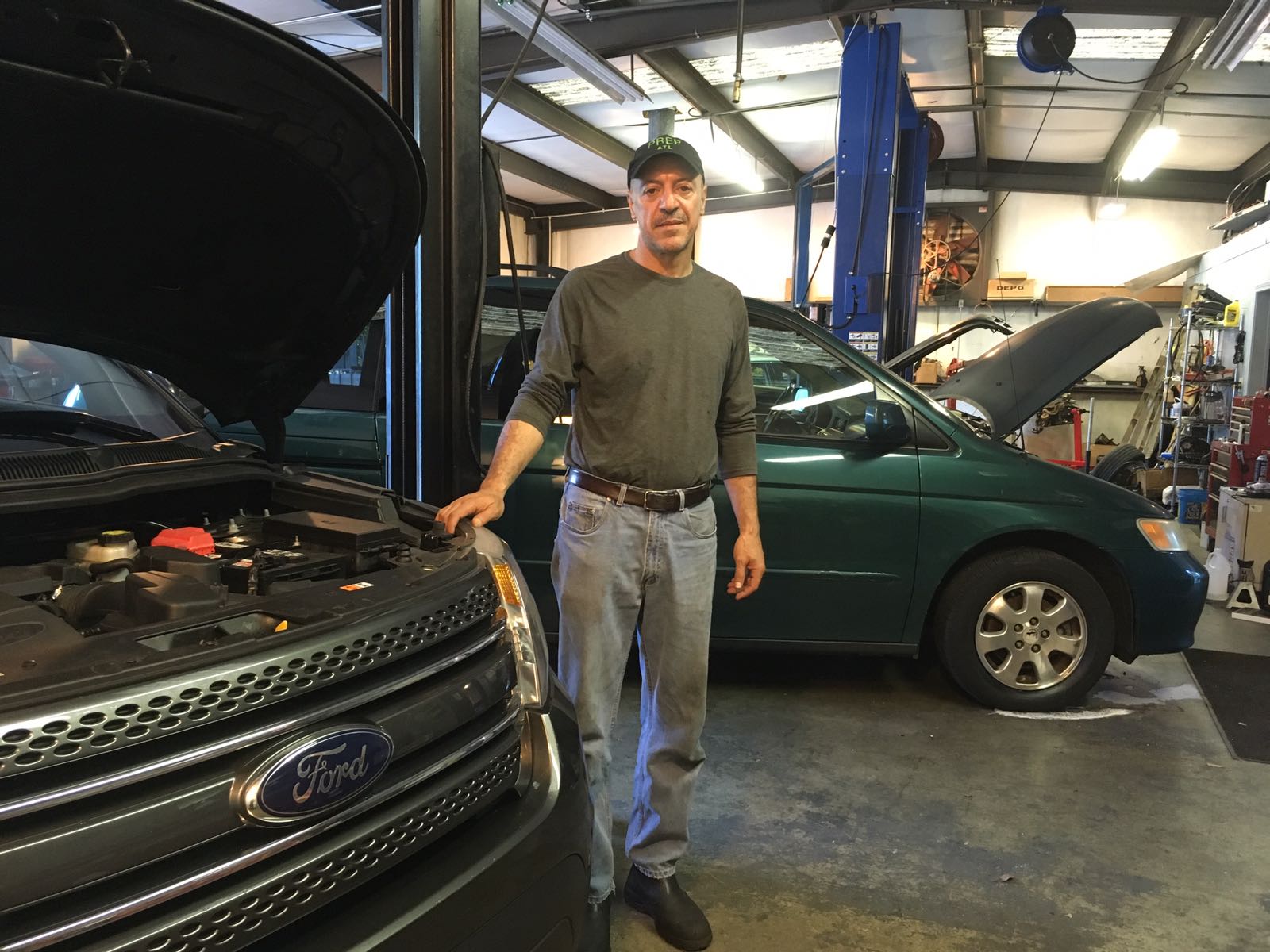
Mohammad Al Qadri stands inside his new auto shop, the Best Works Auto Care Center, in Roswell. He opened his business with a partner in January 2018 with the help of a $10,000 loan from the International Rescue Committee earlier this year.
Tasnim Shamma / WABE
In a previous life, Mohammad Al Qadri was an auto mechanic and police officer in Syria. Today, the tall and thin 45-year-old man owns his own business, The Best Works Auto Care Center, near Roswell’s City Hall.
Al Qadri arrived as a refugee in Georgia on June 29, 2016 with the resettlement agency New American Pathways. He’s part of a group that’s shrinking due to White House immigration policies restricting refugee arrivals.
With fewer refugees coming to Georgia compared to just a few years ago, resettlement agencies in metro Atlanta are spending more resources on immigrants, refugees and community members already here.
The International Rescue Committee in Atlanta is the state’s largest resettlement agency, and it recently launched the Micro-enterprise Development Program — a new microloan program this year to help refugees with their businesses.
“We’ve made some shifts in our programming, built out some of our auxiliary services, basically acknowledged the fact that there are needs within the community, existing community members here to be served,” said IRC deputy director Justin Howell.
The Al Qadri Family
Al Qadri settled in Duluth with his wife and five children. The family fled his hometown of Daara to Jordan at the end of 2012 after civil war broke out in Syria. Daraa is a city in southwestern Syria, about 8 miles north of the border with Jordan. Through an interpreter, he said, the U.S. feels safe.
“I feel very happy every day because my kids wake up in the morning and they want go to school instead of when we were in Jordan,” Al Qadri said. “Here they like school, so I feel appreciative that I am here.”
Al Qadri now has six children ranging from 13 to 16-months old. Though he entered Jordan legally, Al Qadri said he was unable to get a driver’s license or work permit there because of restrictions placed on migrants.
Applying For A Loan
After working as a mechanic in Lilburn and Alpharetta for a year and a half, he decided to apply for a $10,000 loan through the International Rescue Committee’s Microenterprise Development Program.
At Best Work Auto Care, Al Qadri works on all types of cars. He’s currently fixing the brakes on a Mercedes ML3-20 and repairing the air conditioning unit on a Honda Odyssey.
“First of all, I trust myself and I know myself so I believed that I can do something if I open this business,” Al Qadri said. “If you have a passion about what you are doing you will do a great job.”
The shop opened in mid-January and was approved for the IRC loan in February. Al Qadri said he used the loan to cover the cost of buying the shop from its previous owner.
Microloans
Associate Professor of Economics Antonio Saravia said microenterprise loans have grown in popularity since Muhammad Yunus first started Grameen Bank in Bangladesh in the early 1980s.
Saravia explained it began as “group loans” where low-income entrepreneurs in the villages who didn’t have collateral to offer big banks were offered small loans as a group.
“Together these five people are going to make sure that each individual repays the loan. So essentially, if you do not repay the loan you are going to have your neighbors coming back to you and saying ‘Hey you need to pay the loan or you know I’m going to get your TV or I’m going to grab some of your property,’” Saravia said. “So essentially Muhammad Yunus made a social collateral, if you will. And so not surprisingly, he was getting 99 percent loan repayment rates.”
Many groups now offer microfinance loans to individuals. However, Saravia cautioned that without extensive financial literacy, refugees may be a risky group.
“The reality is that you know 80 to 90 percent of the startups fail. It’s a very difficult and competitive environment out there,” Saravia said. “When you’re a refugee and you don’t have the local knowledge or the culture of how business operates in the US or the social network it may be even more difficult. So one has to be careful with romanticizing this idea that I’m going to do well, I’m going to be entrepreneur, and I’m going to be successful immediately because the failure rates are very high. So they need to think very carefully before getting one of these loans and making that commitment.”
Access To Capital
For most refugees, access to any capital at all is difficult, said David Oliver, the IRC’s economic empowerment manager.
“Many times refugees either have low credit scores or non-existing credit when they first come to the U.S. That really prevents them from being able to access other loans from mainstream banks and financial institutions,” Oliver said.
The IRC gives out low to no-interest loans of up to $15,000. Oliver said to reduce the risk, refugees approved for the loans are assigned a business coach and a personal finance coach to make sure both their company’s finances and family’s finances are in good shape.
The IRC applied for and received a five-year federal grant of $875,000 from the Office of Refugee Resettlement for the program. So far, 14 people were approved for loans this year.
For now, Al Qadri’s shop has space for four cars. Eventually, he said, he wants to double the size of his business and be able to work on 10 cars at once.

